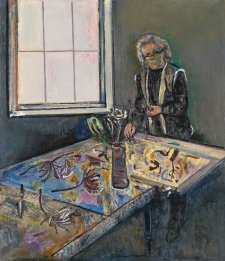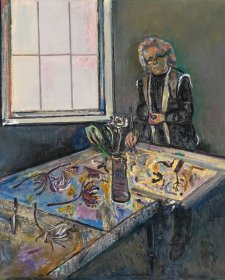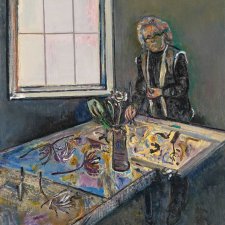We felt there was a place for perhaps a more earthy, perhaps a rather more radical magazine which could do more to encourage younger writers, writers particularly with a working-class background who did not have very much to offer in the way of literary polish but who did have something important to say. This is not to say that we wanted Overland to become a workshop journal. We have always tried to maintain as strict a literary standard as we felt we very well could. But it does mean that we have, I feel, not made the significant contributions to literature, properly so called, that magazines of greater stature such as Meanjin naturally have.
On the other hand, we have done something which is just as valuable; we have introduced many writers to the idea of seeing their own words on the printed page. We have, I think, published a lot of stuff that stands up in any company.
No one is more conscious of the incessant compromises that have to be made by any editor of a literary magazine but which are no doubt made more often by the weaker than by the stronger. No one is more aware of the heartbreaking missed opportunities which more time, more money, could have made available. No one is more conscious of the number of manuscripts that we receive and have to return, manuscripts which, if one had the time to work on them, to call the author into consultation, something could be made out of and which could very well launch, in many cases, a literary career. All of these things make us bitter, because they reflect the isolation of the arts in Australia and the poverty-stricken approach of all authorities to the question of supporting artistic endeavour in any shape. This leads to the impoverishment of the whole of our national life.













